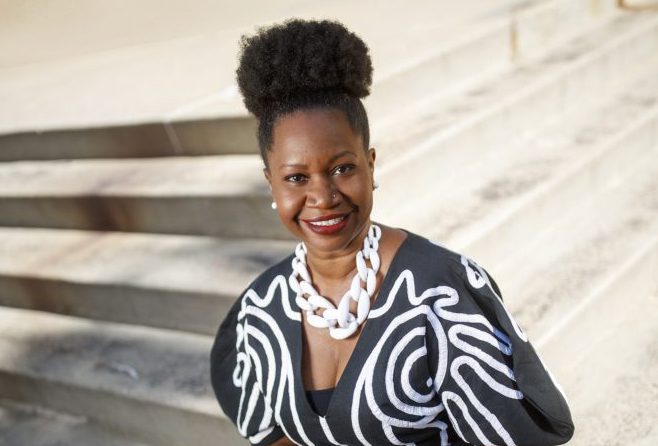
Medical Bondage, Mobility, and Fugitive Logic: Revisiting Harriet Tubman as an Intellectual Figure
University of Nebraska–Lincoln Deirdre Cooper Owens
September 27, 2021 · 4:30 pm—6:00 pm · Zoom
Humanities Council; Center for Digital Humanities; Department of African American Studies; Department of Art and Archaeology

Building off the new emphasis on black women’s intellectual history, Deirdre Cooper Owens probes Harriet Tubman’s intellectual offerings via her community work via entrepreneurship, abolitionism, herbalism, and institution building. As a historian of medicine, Cooper Owens has documented the importance of Black women’s healing practices to the development of American medicine. Herbalism is one of the foundations of their healing arts (and Harriet Tubman was skilled in this artform). In her presentation, Dr. Cooper Owens hopes to reveal Tubman as more than a courageous freedom fighter; but also, as a fierce intellectual figure.
Dr. Deirdre Cooper Owens is the Charles and Linda Wilson Professor in the History of Medicine and director of the Humanities in Medicine program at the University of Nebraska–Lincoln. She is also an Organization of American Historians’ (OAH) Distinguished Lecturer.
This event is organized as a part of Art Hx: Visual and Medical Legacies of British Colonialism, an exploratory Collaborative Humanities Project of the Princeton University Humanities Council. The collaboration hosts a range of events that consider how experiences of race and medicine are spatially produced in architecture, design, and the circulation of art.
Register for the virtual event.
Co-sponsored by the Center for Digital Humanities, the Departments of African American Studies, and the Department of Art and Archaeology.















